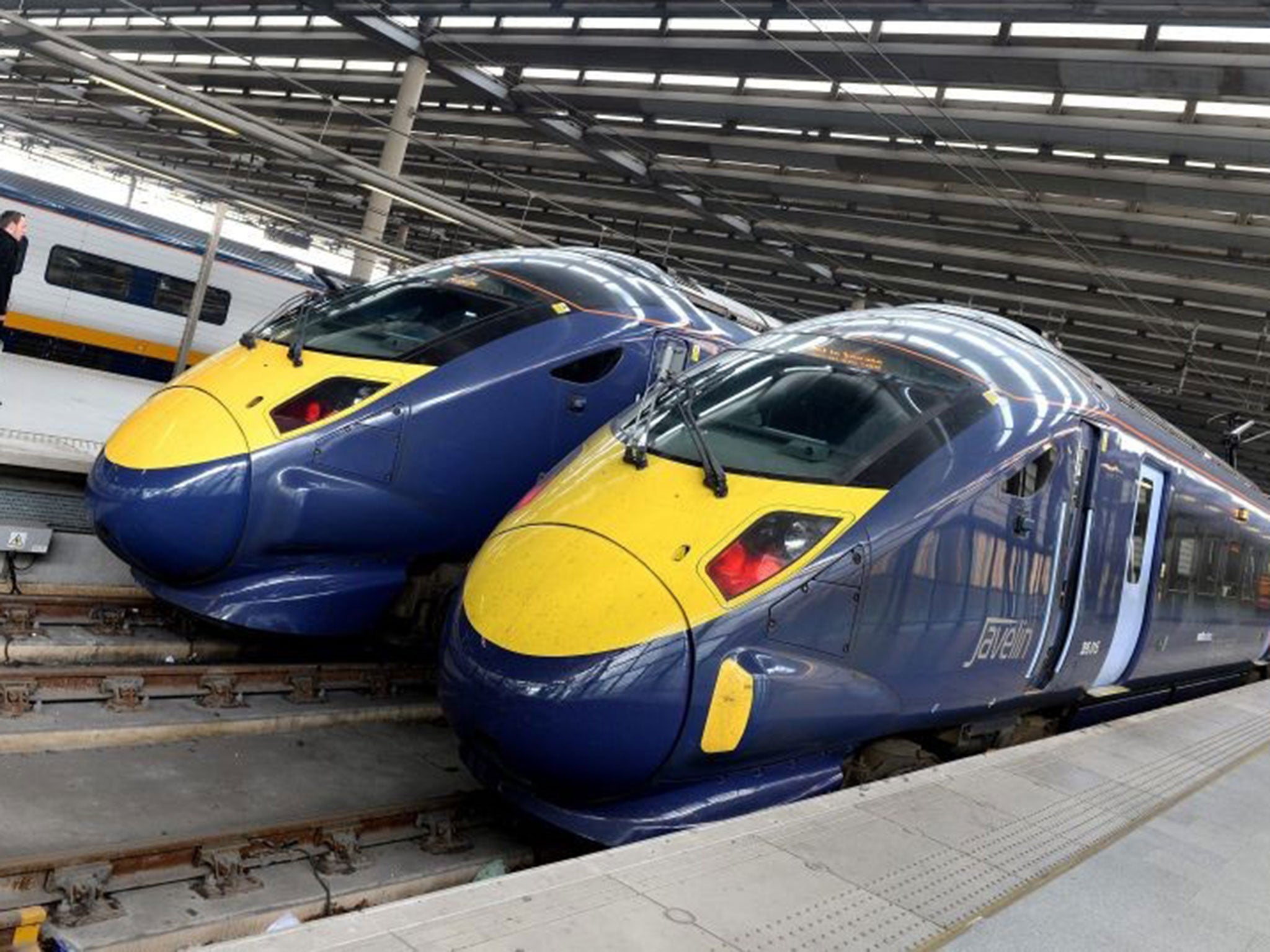Why a John Lewis business model might solve the problem of surly station staff
Labour's plans to renationalise our train companies would only go so far

Making political points using personal anecdote is generally not a good idea. But then sometimes an experience illustrates an issue in a way that statistics and rhetoric doesn’t.
And what happened to a group of train passengers, including me, at Orpington Station is a case in point.
The experience revealed the endemic problems the rail network still faces 20 years after privatisation that can make train travel a misery and goes to the heart of a question that will be key in the election: how do we went to run Britain’s railways in the future?
I’d been visiting friends in Kent and had gone to Sevenoaks to catch a train back London. But engineering works meant there were no trains so Southeastern was using a bus service to take passengers to Orpington for a train connection to London. At around 10.30pm the bus turned up we were shepherded on for the 20-minute journey. But when we arrived at Orpington it transpired that no trains were running from there either. On the platform we approached a man wearing Southeastern uniform.
“Why were we told by staff at Sevenoaks that trains would be running to London from Orpington until midnight if they weren’t?” we asked. “Why put us on a bus in the first place if we were just going to get stranded?”
His response was one of surly indifference. There were no trains. He didn’t know why we were there. And what we did next was up to us. So who, we asked, was in charge of the station or the network at that time? “No one,” he said. “They’re at home in bed.” Well, can you contact them: “No, I don’t have a number.”
Well what are we supposed to do? “That’s up to you.” He then got his on his walkie-talkie to a colleague to complain he was facing a group of passengers who were “getting rowdy”.
In the end the only option for all of us was to get a bus back to Sevenoaks where we arrived shortly after midnight and try and make late-night accommodation arrangements.
What struck me most about the episode was just how little difference privatisation has made both to the famed British Rail charm school and the ability of the network to respond on every level when things go wrong. True, this was an individual incident. But the fact that there was no mechanism to solve problems was telling. Privatisation has given us glossy posters, train branding and customer-service rhetoric but it is skin deep.
So is Labour’s plan to renationalise train operating companies an answer? Not really. The problems of staff disengagement and dysfunctional management would just continue. It would just be different management.
Neither is the Government’s plan to try and improve franchises the answer either. Franchises are costly to tender for, prioritise profit over service and inherently discourage long-term investment.
Instead, when existing rail franchises come up for renewal they should be replaced by new “mutual” companies. These would be “owned” by the people who work for them with passengers and staff elected as non-executives to the board. They would not make profits – but there would be significant employee-based financial incentives for improving service and punctuality.
Staff would have a real stake in the future of “their” company and it would help break the vicious cycle of poisonous “us and them” industrial relations.
And you never know, even the man at Orpington might be persuaded to help.
Join our commenting forum
Join thought-provoking conversations, follow other Independent readers and see their replies
Comments
Bookmark popover
Removed from bookmarks